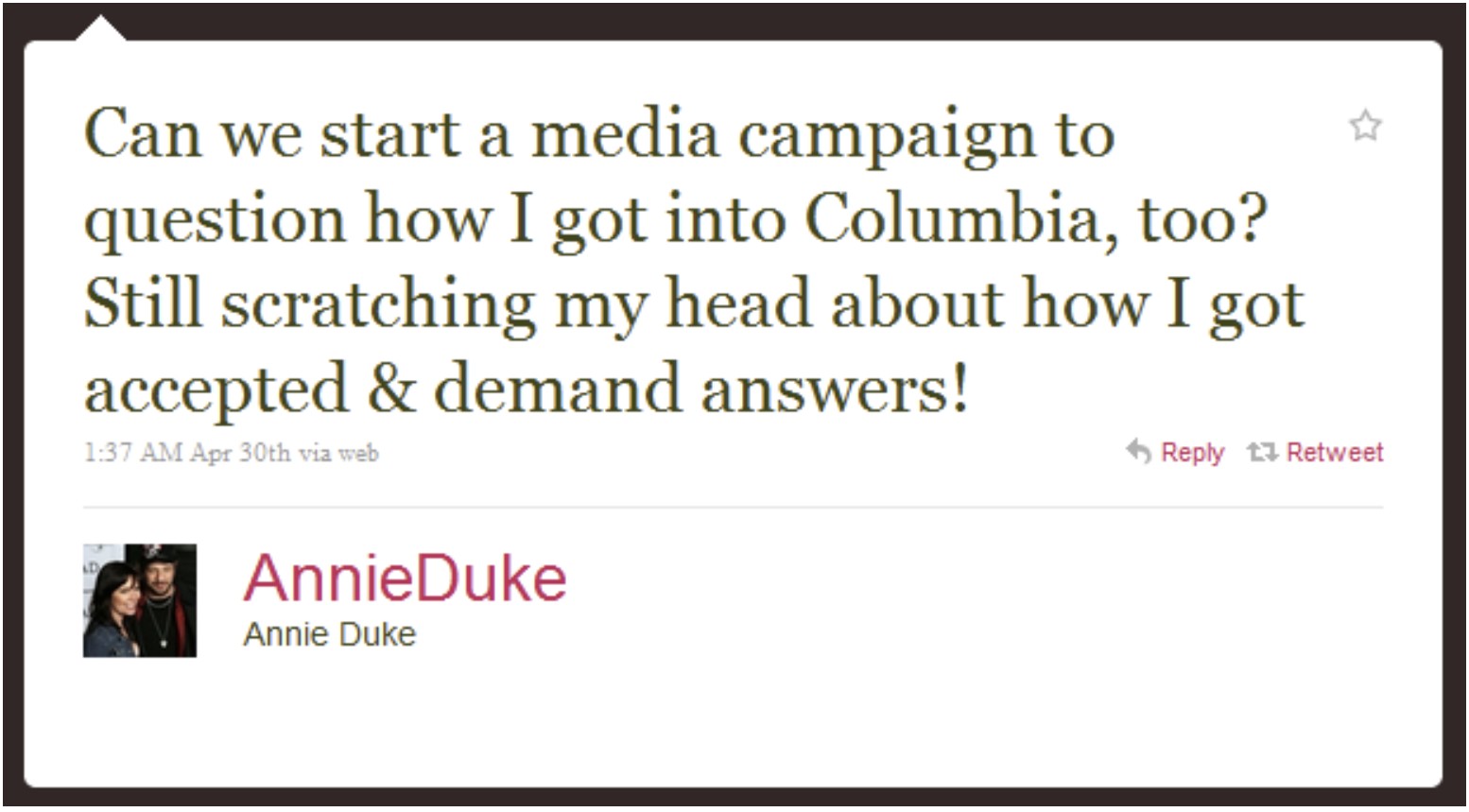David Pinsof in PsyArXiv Preprints:
 Human behavior is often paradoxical. We show humility to prove we’re better than other people, we bravely defy social norms so that people will praise us, and we donate to charity anonymously to get credit for not caring about getting credit. Here, I argue that these and other social paradoxes have a common thread: they are all attempts to signal a trait while concealing the fact that one is signaling the trait. Such self-negating signals emerge from the interaction of two cognitive abilities: 1) cue-based inference, and 2) recursive mentalizing. If agents can model each other’s mental states, including their intentions to signal positive traits, then intentional signals of positive traits can, themselves, become cues of negative traits. The result is that status-seeking and virtue-signaling are forced to occur covertly, without becoming common knowledge among signalers or recipients. Social paradoxes also play a crucial role in enabling intergroup dominance by inhibiting common knowledge of the group’s dominance-seeking tactics, which would otherwise disrupt coordination by eliciting moral disapproval. The analysis of social paradoxes can explain a variety of puzzling aspects of human social life, including the cultural evolution of status symbols, the function of sacred values, and the nature of political belief systems.
Human behavior is often paradoxical. We show humility to prove we’re better than other people, we bravely defy social norms so that people will praise us, and we donate to charity anonymously to get credit for not caring about getting credit. Here, I argue that these and other social paradoxes have a common thread: they are all attempts to signal a trait while concealing the fact that one is signaling the trait. Such self-negating signals emerge from the interaction of two cognitive abilities: 1) cue-based inference, and 2) recursive mentalizing. If agents can model each other’s mental states, including their intentions to signal positive traits, then intentional signals of positive traits can, themselves, become cues of negative traits. The result is that status-seeking and virtue-signaling are forced to occur covertly, without becoming common knowledge among signalers or recipients. Social paradoxes also play a crucial role in enabling intergroup dominance by inhibiting common knowledge of the group’s dominance-seeking tactics, which would otherwise disrupt coordination by eliciting moral disapproval. The analysis of social paradoxes can explain a variety of puzzling aspects of human social life, including the cultural evolution of status symbols, the function of sacred values, and the nature of political belief systems.
More here.
